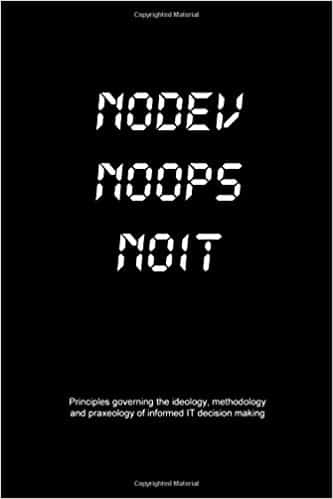Of all the enemies of true liberty, war is, perhaps, the most to be dreaded, because it comprises and develops the germ of every other.
War is the parent of armies; from these proceed debts and taxes; and armies, and debts, and taxes are the known instruments for bringing the many under the domination of the few.
In war, too, the discretionary power of the Executive is extended; its influence in dealing out offices, honors and emoluments is multiplied; and all the means of seducing the minds, are added to those of subduing the force, of the people.
The same malignant aspect in republicanism may be traced in the inequality of fortunes, and the opportunities of fraud, growing out of a state of war, and in the degeneracy of manner and of morals, engendered in both.
No nation can preserve its freedom in the midst of continual warfare.
Those truths are well established. They are read in every page which records the progression from a less arbitrary to a more arbitrary government, or the transition from a popular government to an aristocracy or a monarchy.
It must be evident, then, that in the same degree as the friends of the propositions were jealous of armies, and debts, and prerogative, as dangerous to a republican Constitution, they must have been averse to war, as favourable to armies and debts and prerogative.
War is in fact the true nurse of executive aggrandizement. In war, a physical force is to be created; and it is the executive will, which is to direct it.
In war, the public treasuries are to be unlocked; and it is the executive hand which is to dispense them. In war, the honors and emoluments of office are to be multiplied; and it is the executive patronage under which they are to be enjoyed; and it is the executive brow they are to encircle.
The strongest passions and most dangerous weaknesses of the human breast; ambition, avarice, vanity, the honorable or venal love of fame, are all in conspiracy against the desire and duty of peace.
—James Madison, from ‘Political Observations,’ April 20, 1795 in Letters and Other Writings of James Madison, Volume IV, page 491.















